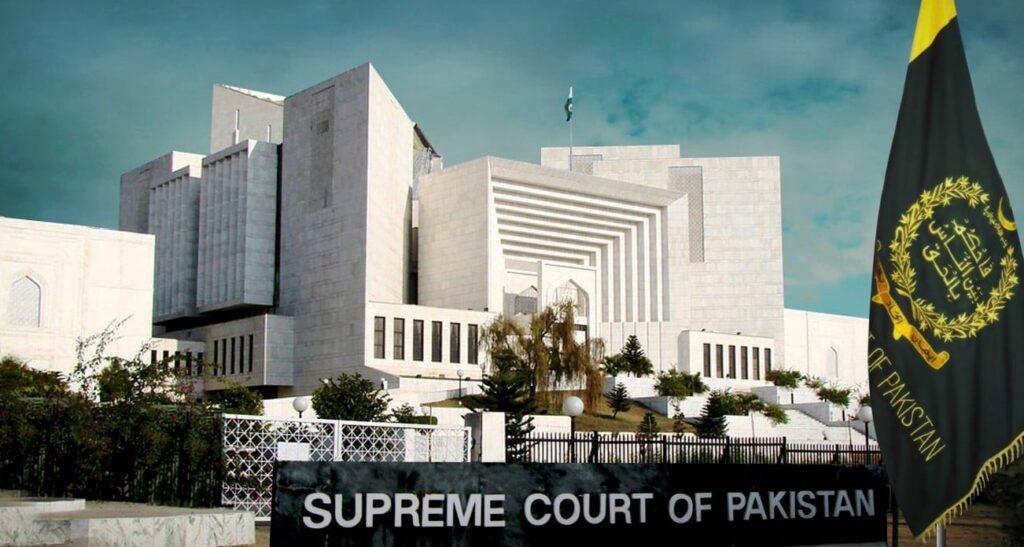The Pakistan Supreme Court admitted on Monday for a preliminary hearing the review requests filed against its previous verdict that had granted seats reserved to Pakistan Tehreek-E-Insaf (PTI).
The Court issued notices to all interested parties, while the procedures were marked by survey questions and the bank’s acute comments, said Express News.
A 13 -member bank, headed by Judge Aminuddin Khan, presided over the hearing. He included Judges Jamal Khan Commandkhail, Muhammad Ali Mazhar, Ayesha Malik, Hasan Azhar Rizvi, Naeem Akhtar Afghan, Musarrat Hilali, Hashim Kakar, Shahid Bilal, Salahuddin Panhwar, Aamer Farooq and Baqar Najafi.
During the hearing, the lawyer of the Pakistan Muslim League (PML-N) Haris Azmat argued that the reserved seats were assigned to a part that was not even a defendant in the original case. Judge Ayesha replied that this issue had already been addressed in the previous decision of the court, questioning the reasons for the review.
Judge Commandkhail said that the bank had both the orders of the officers returning as the decision of the electoral commission before the original case. Responding to Azmat’s argument that PTI failed to challenge these orders, he asked: “Should the nation support the consequences of the legal error of a part?”
Judge Ayesha emphasized that the original trial was based on an integral hearing of all arguments. Judge Abbasi criticized the petitioners for repeating their original arguments without presenting valid reasons for review. “It is not identifying any error in the verdict,” he said.
When asked about the implementation of the Supreme Court ruling, Azmat said he was not aware, which led Judge Malik to question the ability to exhibit judicial decisions.
The lawyer of the electoral commission, Sikandar Bashir Mohmand, admitted the partial compliance of the verdict. Judge Commandkhail expressed concern about selective implementation, drawing a tough analogy: “If the Supreme Court imposes a death sentence, would partial implementation mean placing the rope but not completing the execution?”
Judge Abbasi also questioned whether the petitioners intended to educate the court, asking arguments specifically under article 188, which governs the scope of the review.
The court also examined the status of the Electoral Commission in the review, with Judge Malik questioning how an institution in charge of making elections could act as a party in the case. She commented: “You didn’t like constitutional interpretation, so have you returned with a review?”
Judge Kakar asked if the commission had fulfilled the ruling in its entirety, warning that partial implementation puts doubts about the authority of future judicial decisions. Judge Malik added that the ECP cannot “choose” what parts of a verdict follow.
Mohmand defended the position of the ECP, saying that PTI was not a part in related cases before the Superior Court of Peshawar. Judge Abbasi said that a request for contempt against the commission was already pending and that its partial implementation could justify the contempt procedures.
As tensions increased, Mohmand accused the bank of forming opinions prematurely, to which Judge Malik firmly replied: “Don’t tell me what I should think.”
The audience was postponed until 11:30 am the next day. The majority of the 11 judges approved the review requests for a preliminary hearing and issued notices to the respondents. However, Judges Ayesha and Abbasi dismit.
Judge Ayesha declared inadmissible review requests and declared that he would issue a detailed note describing his reasoning. Judge Abbasi agreed with his position.




